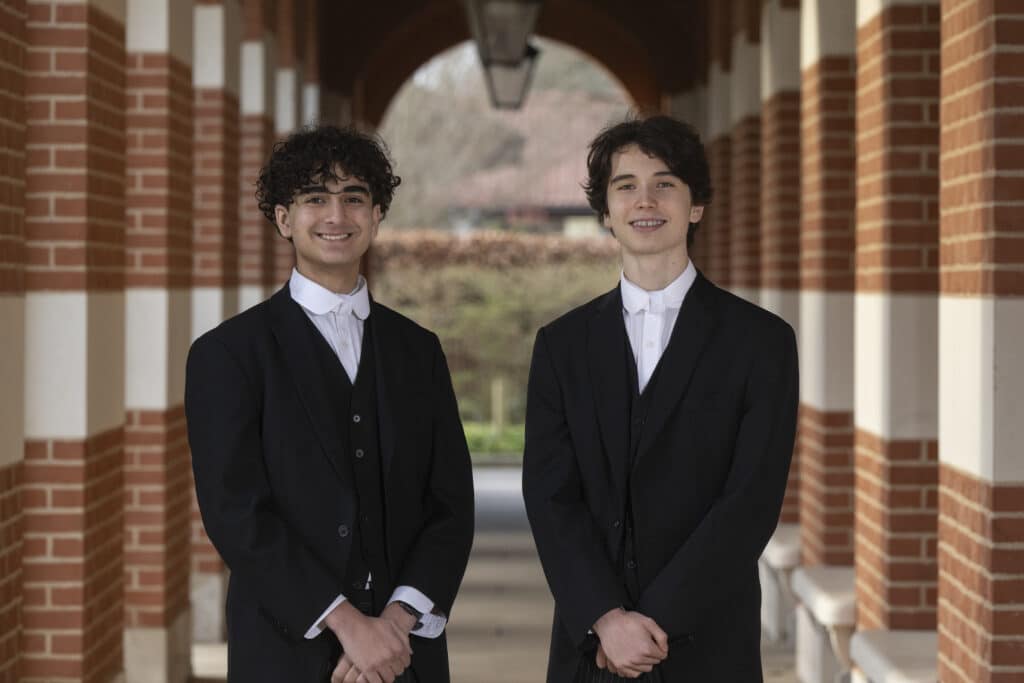The Classical Society recently welcomed Professor Philomen Probert, Professor of Philology and Linguistics at Wolfson College, Oxford, to speak on the formation of the Latin language as we know it now.
An early distinction was made between ‘classical Latin’, the variation that is studied in schools and universities, and ‘early Latin’, the language from which classical Latin is derived. Describing it as a “bit bizarre and not too comprehensible”, the Professor proceeded to analyse patterns and conventions in very early Latin, such as the fact that this protolanguage had no consistent direction of writing, so people would write from both left to right and right to left!
A comparison was also made between Sanskrit, early Latin, and Greek, with them described to be interconnected in “the kind of way that the Romance languages are”. Professor Probert explained that the predominant train of thought is that these three languages, as well as many others, descend from one language, currently termed ‘Proto-Indo-European’.
Although by the 5th century BC, most of Italy spoke Latin, it was by no means a universal language, with Latin inscriptions found adjacent to some in Greek, Etruscan and other languages. The Etruscans were a formidable power in Italy for a significant stretch of time, to the extent that three of Roman kings were Etruscan.
Despite the fact that Etruscan uses a different alphabet system and is not proto-Indo-European, there was a significant “cultural exchange” between the two languages – some Latin words, ‘vinum’(wine) and ‘subulo’ (flute player) for example, are borrowed from Etruscan. In fact, Livy, renowned Latin historian and writer, informs us that the first actors were Etruscan.
Another language not dissimilar to classical Latin is Oscan, spoken in the south of Italy in the period directly prefacing the birth of Christ. Latin borrows, to name a few, the words ‘bos’ (ox) and ‘popina’ (bar, bistro), while it lends the political lexicon terms such as ‘quaesor’ and ‘censor’.
To conclude the talk, Professor Probert raised the intriguing idea that the nature of the borrowed words reflects directly on the reality of the societies and nations in which the languages are spoken.
We would like to thank Professor Probert for her incredibly engaging talk on the origins of Latin, ushering in the welcome return of in-person Classical Society meetings.



